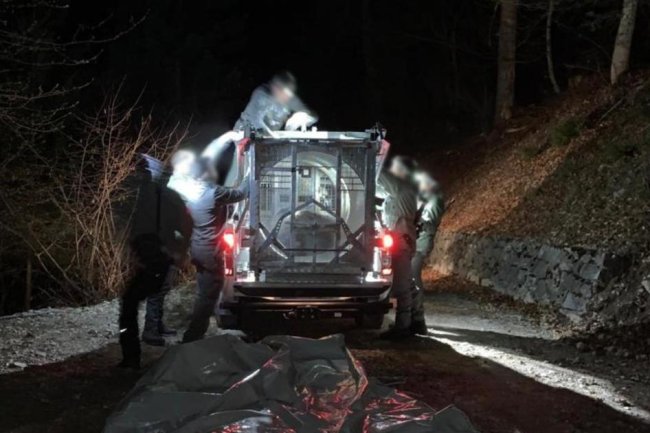How Russia’s shrinking workforce is wrecking its economy
After mass conscription in Russia there aren't enough workers to fill the jobs available - AP Photo/Alexander ZemlianichenkoVladimir Putin’s problems are mounting. The Russian President is still reeling from this month’s mutiny by mercenary group Wagner.The Kremlin is burning through its rainy day fund to bankroll its invasion of Ukraine, and the country has been forced to sell oil at a discount to the likes of India and China.But another problem is emerging as one of the biggest threats facing the Russian economy. After mass conscription – and an exodus of talented Russians fearful of the war’s impact – there simply aren’t enough workers to fill the jobs available.Goldman Sachs describes it as the “most binding constraint on the Russian economy”, even ahead of sanctions-related restrictions on capital or technology. With more than two vacancies for every Russian worker, the jobs market is twice as tight as in the UK, where wages have taken off.Some workers have fled. Others have died
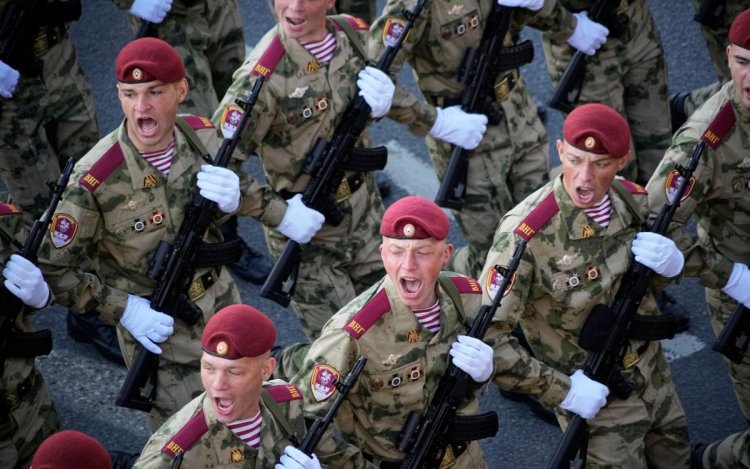
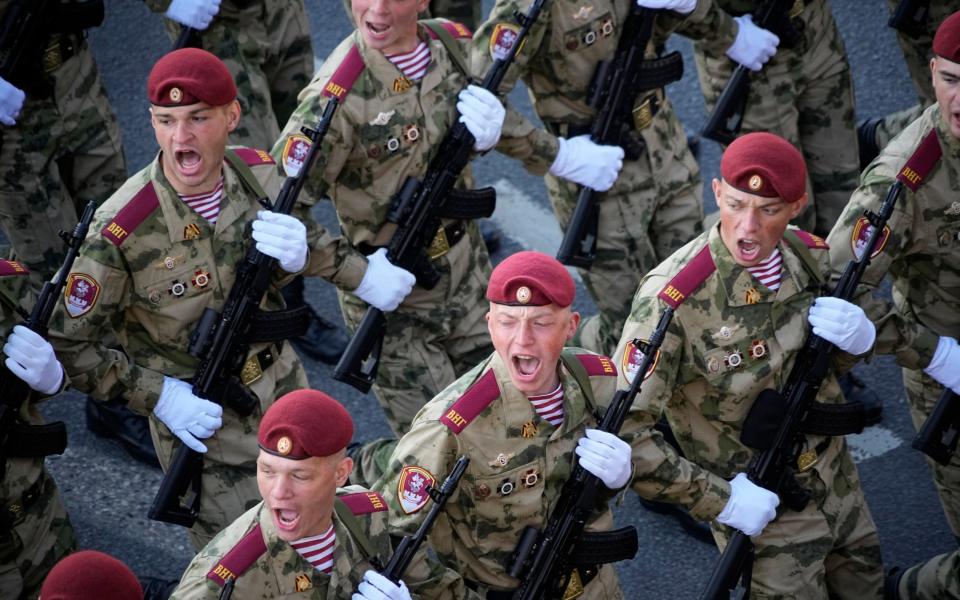
Vladimir Putin’s problems are mounting. The Russian President is still reeling from this month’s mutiny by mercenary group Wagner.
The Kremlin is burning through its rainy day fund to bankroll its invasion of Ukraine, and the country has been forced to sell oil at a discount to the likes of India and China.
But another problem is emerging as one of the biggest threats facing the Russian economy. After mass conscription – and an exodus of talented Russians fearful of the war’s impact – there simply aren’t enough workers to fill the jobs available.
Goldman Sachs describes it as the “most binding constraint on the Russian economy”, even ahead of sanctions-related restrictions on capital or technology. With more than two vacancies for every Russian worker, the jobs market is twice as tight as in the UK, where wages have taken off.
Some workers have fled. Others have died on the front line. Many are still fighting. In the words of one economist, it has left companies “screaming” about the lack of young people available to fill roles. And it’s a problem that even the head of the country’s central bank has warned will stoke inflation.
“Whatever happens with the war, the implications of a shrinking workforce on Russia’s economy are extremely negative,” says Liam Peach at Capital Economics.
Putin, who has described Russia’s demographic challenge as one of the few things that keeps him up at night, speaks openly about the issue. In a typical 13-minute rant ahead of a meeting with top Kremlin officials, he admitted that the country’s top brass discuss the “shortage of personnel...all the time”.
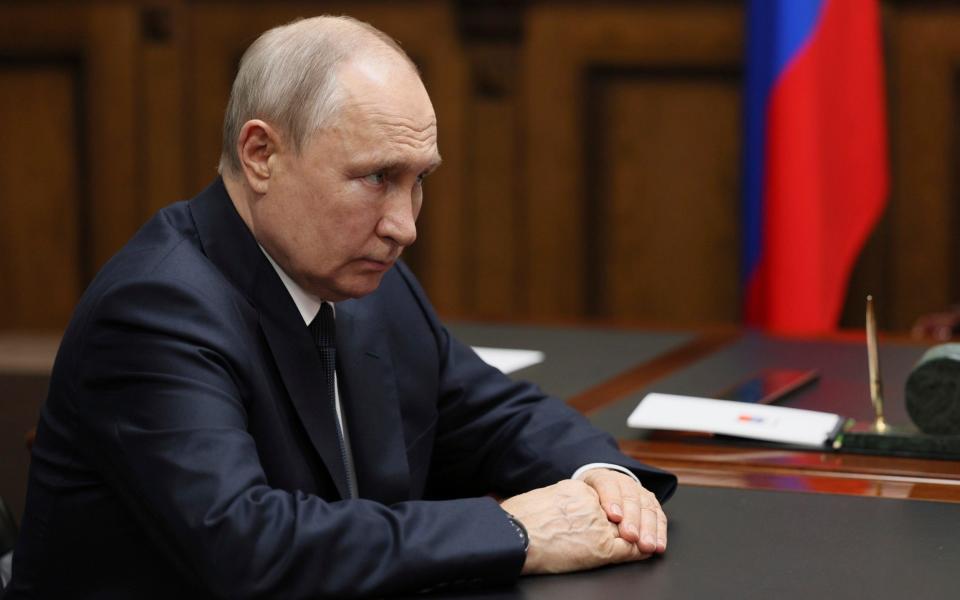

During the meeting attended by the Kremlin’s top economic chiefs and central bank boss Elvira Nabiullina, Putin said companies had hoarded labour after he invaded Ukraine as economic activity went into reverse.
Keen to hang on to their top talent, many employers asked workers to cut their hours. Bosses were happy because they kept skilled staff on their books, and workers were happy because at least they had money in the bank during the initial downturn.
But experts say that policy has helped to stoke the current crisis, with acute shortages in industries where they’re badly needed turning into a chronic malaise.
“Now the situation is fundamentally different,” the Russian President said. “There are simply not enough workers in many areas.”
Some are unlikely to ever come back. Russia’s communications ministry has admitted that about 10pc of its IT workforce left the country in 2022 and did not return. Hundreds of thousands of Russia’s brightest and best have followed suit.
The troubles facing the Russian economy were laid bare in a report published by the central bank earlier this year, which warned that around half of companies were experiencing worker shortages.
Engineers, machinists, welders and builders remain most in demand. Tempted by Kremlin promises of higher pay, engineers and builders living near occupied territories in southern Ukraine have been lured to restore critical infrastructure destroyed during the war. And while the central bank claims only 6pc of companies blame worker shortages on last autumn’s mobilisation drive, many companies are switching production to provide for a war economy.
Blue collar workers more used to making cars have turned their hands to making guns. After all, money talks. Pay rises in the processing industry – from petrochemicals to food – currently average around 20pc.
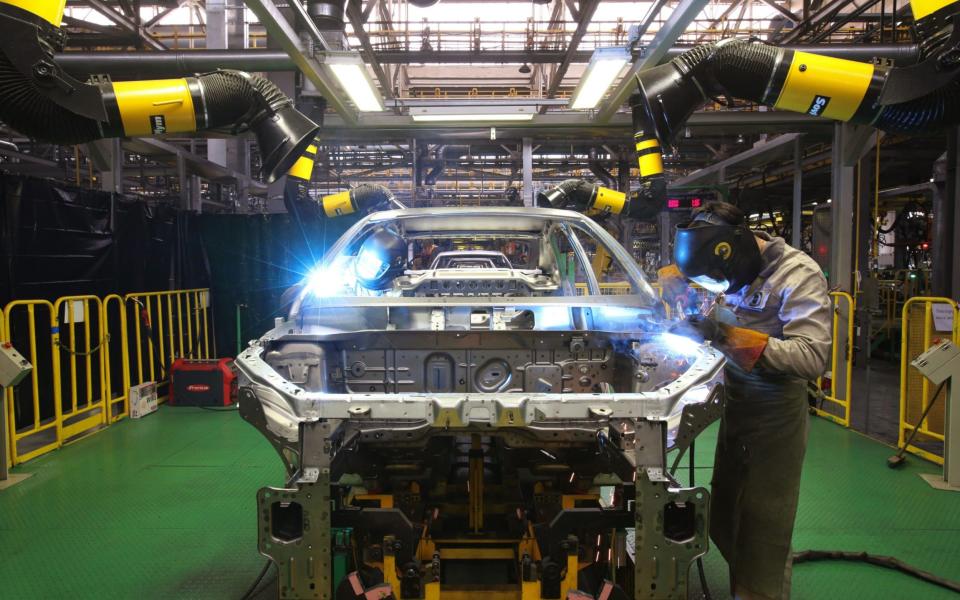

According to some Russian business people, those estimates are modest. “Sometimes they’re forced to pay double,” says one executive who recently fled the country.
The minimum wage is also on course to rise by 18.5pc next year to almost 20,000 roubles (£200) per month – 10pc more than what was already planned.
This is threatening to create a wage-price spiral in an already flagging economy. Official figures show inflation is currently just 2.5pc, held down by cheap energy, while unemployment is at a record low of 3.2pc, which Peach says is a reflection of the shrinking workforce rather than a booming nation.
“Russia has usually struggled to generate high rates of wage growth,” says Peach. “But wage growth is currently running at double digit rates, and this is the fastest sustained pace for around a decade.”
Luc Jones, who worked as a recruitment consultant in Russia for more than two decades, says the country’s economic plight is made worse by a culture that values face-to-face interaction – and despises working from home.
“During the pandemic very few Russian companies allowed people to work from home because the assumption was they’re not going to do anything,” he says. “There’s no trust.”
Some have relented in the face of a worker crisis. At this month’s St. Petersburg Economic Forum, HR chiefs spoke of increasing remote work and automation. Manufacturing companies said they were increasingly hiring women and older workers to fill jobs traditionally done by working age men.
Jones, who moved to India in the wake of the war, adds that some Russians aren’t even tempted by higher wages because many are wedded to the place they were born.
“Russians are not hugely mobile,” he says. “So whereas some people will cross the country for a job, Russians tend not to because many will usually have an apartment that was inherited from the ex-Soviet government. So if they have to move they have to rent. That’s one of the reasons why a lot of migrants come from ex-USSR countries.”
But as the central bank highlights, even a 30pc year-on-year increase in inward migration has been “insufficient to fill the shortage of personnel in the regions”.
The Kremlin has tried other tactics to entice people, including making it easier to stay permanently.
“It has become a lot easier to get Russian citizenship,” says Jones.
Nabiullina, Russia’s central bank governor, has signalled the worker shortage and accompanying inflationary threat means policymakers are unlikely to be able to keep interest rates at 7.5pc for long. They hit a peak of 20pc following its invasion of Ukraine.
“Pro-inflationary risks from the labour market are intensifying,” she said this month. “Significant labour shortages may lead to labour productivity growth lagging behind growth in real wages.”
Capital Economics believes the economy will continue to suffer from labour shortages, even in a population of 145 million.
Last Autumn, Putin called up 300,000 reservists in a major escalation of the flagging invasion. Peach says he will struggle to do the same again.
“I don’t think Russia’s economy can really cope with another mobilisation. The resources are just not there,” he says.
“Russia’s economy has had quite severe demographic problems for some time. And if you just take another 300,000 people out of the labor force, I think you get an economy that’s going to really struggle with labour shortages and inflation. And the central bank will be forced to respond to that with much higher interest rates.”
What's Your Reaction?










